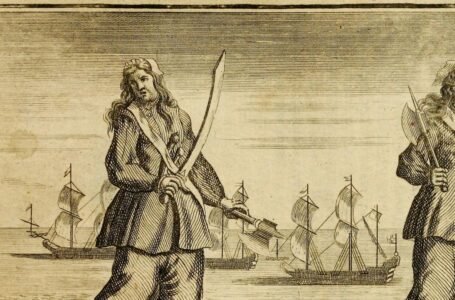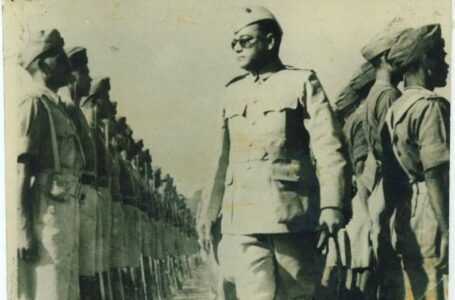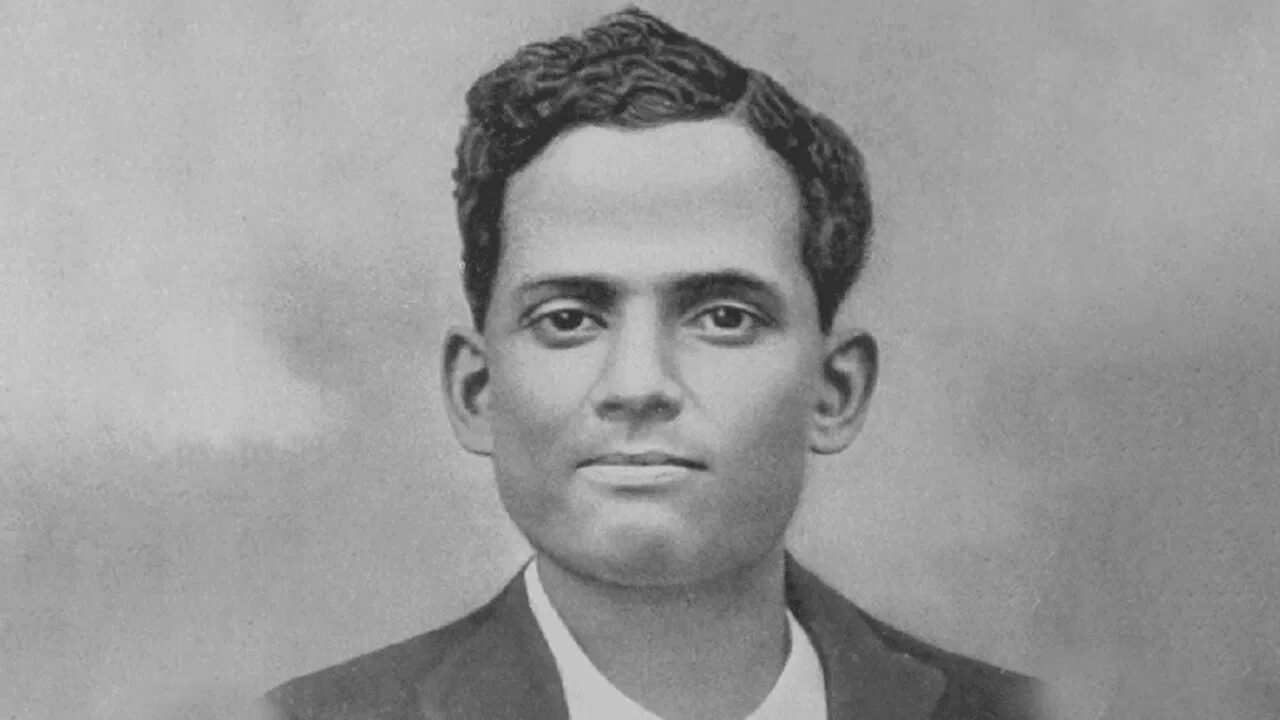Noor Inayat Khan: The Spy Who Whispered in Morse and Died for Freedom

-Hemangi Maheswari
In the world of wartime espionage, names like James Bond and Mata Hari stir cinematic images of sleek danger and calculated moves. But history tells a quieter, deeper story, one of a woman who defied every box she was born into. She was a princess, a pacifist, a poet, and ironically, a spy.
This is the real story of Noor Inayat Khan, a woman who believed in peace yet risked everything to fight tyranny. Born into Sufi royalty and raised on ideals of love and harmony, she found herself behind enemy lines in Nazi-occupied France, alone, hunted, and unwavering.
She didn’t carry a gun. But she carried conviction. And that, ultimately, was deadlier.
A Childhood Laced with Music, Mysticism, and Purpose
Noor’s life didn’t begin in shadows. She was born in 1914 in Moscow, to an unusual pair, Hazrat Inayat Khan, a renowned Sufi musician and spiritual teacher, and Ora Ray Baker, an American poet and seeker in her own right. From her earliest days, Noor was steeped in Sufi philosophy: peace above all, truth as a path, service to others as the highest honour.
When war tensions stirred in Europe, the family moved, first to London, then to Suresnes near Paris, where Noor grew up amidst books, music, and silence.
She wasn’t the loud one. She was the observant one. Sensitive. Soft-spoken. A dreamer. A writer. She studied child psychology at the Sorbonne and composed music at the Paris Conservatory. She authored stories rooted in Indian folklore, the Jataka tales, weaving in themes of compassion, redemption, and quiet strength.
She envisioned a life in literature. But the world had other ideas.
From Pacifist to Patriot: The Quiet Turn to War
When the Nazis occupied France in 1940, Noor’s world was shattered. Her family fled to Britain, leaving behind the gentle life they had built.
It would’ve made sense for Noor to continue writing, to retreat into her world of fables and meditations. But that wasn’t who she was, not really. The invasion awakened something fierce beneath her softness. She couldn’t sit still. She joined the Women’s Auxiliary Air Force (WAAF) as a radio operator, one of the riskiest wartime jobs at the time.
She was vehemently anti-violence. But she believed that not acting against injustice was worse than war itself. That clarity pushed her forward.
Soon, her fluency in French, her calm under pressure, and her mastery of Morse code drew the attention of Britain’s most secretive wartime agency, the Special Operations Executive (SOE).
Codename Madeleine
SOE wasn’t your average intelligence gig. It was sabotage, espionage, radio drops in the dead of night. Most agents were given three weeks, if they lasted that long, in occupied France before being caught.
Noor trained with them in everything: jumping from planes, handling firearms, encoding transmissions. Many superiors doubted her. She was too gentle, too idealistic, too polite. But when it came to mission readiness, she was one of the best radio operators they had.
So in June 1943, Noor parachuted into France under the codename “Madeleine”. Her mission: keep the Prosper network, a major resistance operation in Paris, connected to London. It was the lifeline for sabotage operations, secret landings, and weapons drops.
Within days of her landing, the entire Prosper network began to fall apart. Dozens were arrested. Resistance hubs collapsed like dominoes. Noor had every reason to return to London.
She didn’t.
She stayed. Alone. In the deadliest job for any field agent. And for nearly three months, she kept transmitting, changing safehouses, disguising herself, sending crucial messages under unimaginable risk.
The Gestapo knew she was there. They just couldn’t catch her. She moved silently across rooftops, sent Morse from dusty attics, carrying her clunky transmitter in a suitcase that made her a walking target.
And still, no fear. No flinch.
The Betrayal
In October 1943, she was caught.
The betrayal came, it’s believed, from a Frenchwoman with Nazi ties. Noor was unarmed when they stormed in. But she didn’t surrender quietly. She fought with such wild resistance that her captors labelled her “extremely dangerous.”
What followed was brutality. Beaten. Isolated. Starved. Interrogated by the SD in Paris.
But Noor? She said nothing.
No names. No addresses. No secrets. She didn’t cave. Ever.
Even when thrown into solitary confinement, hands and feet shackled for ten months, she tried to escape. Twice. And almost succeeded. The Gestapo were baffled. Who was this gentle-faced girl who refused to break?
They moved her to Germany.
Dachau: The Final Morning
In the early hours of 13 September 1944, Noor was taken to Dachau concentration camp along with three other SOE agents, Eliane Plewman, Yolande Beekman, and Madeleine Damerment.
They were dragged out. Beaten. Stripped. Lined up.
And shot.
Noor’s last word, as recalled by survivors, was “Liberté.”
She was just 30 years old.
The Ghost Who Spoke in Code
After the war, her story came out in fragments, testimonies from fellow prisoners, recovered Nazi files, whispers from the surviving resistance.
The British awarded her the George Cross, the highest civilian honour for bravery. France gave her the Croix de Guerre.
But for decades, Noor remained a ghost in the archives. She didn’t fit the “spy” stereotype. No cold ruthlessness. No clever double-crosses. Just unwavering principle.
She wasn’t flashy. But she was fearless.
The World Slowly Remembers
It took time for Noor’s memory to surface in full. But when it did, it rose with grace.
In 2012, a bronze statue was unveiled in London’s Gordon Square Gardens, not far from where Noor once lived. She became the first Muslim woman to be honoured with a memorial in Britain. Her face now appears on postage stamps, in history textbooks, in documentaries.
Her biography has become required reading in British schools, not just for what she did, but for why she did it.
A Rebel with a Radiowave
Noor didn’t look like a fighter. She didn’t carry rage in her heart. She didn’t believe in revenge.
She believed in duty.
She never fired a bullet. Yet she was one of the most effective SOE agents. She didn’t kill. She communicated. And her radio, her words tapped out in Morse from rooftops and barns, helped ignite flames across an occupied country.
She died not for a flag, or a crown, or a country that didn’t always see her. She died for freedom. For others. For strangers she would never meet.
Why Noor Still Matters
In a world that often confuses noise with strength, Noor’s story is a reminder: quiet courage can shake empires.
She wasn’t hardened. She was principled. Her pacifism didn’t make her weak, it made her unshakeable. When faced with evil, she didn’t meet it with hate. She met it with resolve.
She chose her silence. She chose her secrets. And in the end, she chose to protect others over herself.
Conclusion: The Spy Who Chose Love Over Fear
Noor Inayat Khan lived like a whisper. But her life echoes loudly now.
She was a Sufi. A dreamer. A transmitter of truth.
A woman of spirit who walked into the jaws of war not because she wanted to, but because she couldn’t stand by and let darkness win.
She didn’t fit the mold. She broke it.
And in doing so, she became something rare in war history, not just a hero, but a soul untainted by the very violence she resisted.
She didn’t look like a warrior.
She didn’t need to.


